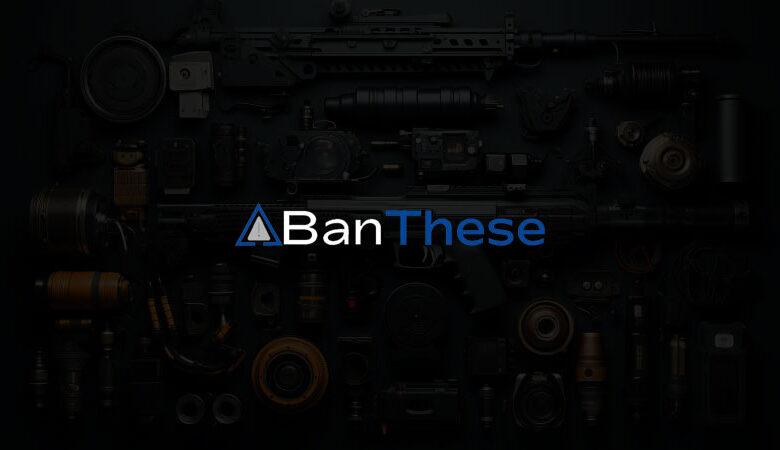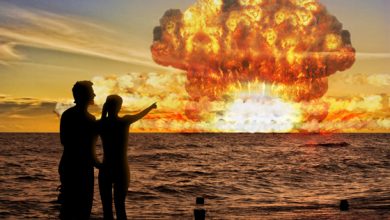Space Force OKs Vulcan rocket as SpaceX competitor for military launch

The Space Force said Wednesday it has certified United Launch Alliance’s Vulcan Centaur rocket to fly military launch missions, positioning the company to compete with SpaceX for future contracts.
“Vulcan certification adds launch capacity, resiliency, and flexibility needed by our nation’s most critical space-based systems,” Brig. Gen. Kristin Panzenhagen, Space Systems Command’s program executive officer for assured access to space, said in a statement.
To achieve certification for National Security Space Launch, or NSSL, missions, companies must complete a rigorous, yearslong process tailored to their rocket’s unique capabilities. For Vulcan, that process started in 2016. Since then, the Space Force and ULA validated the rocket met 52 certification criteria, including 18 subsystem design and test reviews and 114 audits of the spacecraft’s hardware and software.
The final steps of that process featured two Vulcan launches, the first in January 2024 and the second last October. During the second mission, the rocket suffered an anomaly involving its Northrop Grumman-provided solid rocket booster. In February, ULA CEO Tory Bruno told reporters the issue was found to be a manufacturing defect involving a booster component.
The investigation into that root cause appears to have delayed the Space Force’s certification process, which was expected to wrap up by the end of 2024.
In a statement Wednesday, Bruno said the Space Force’s long-awaited sign-off positions Vulcan to meet the service’s “expanding spectrum of missions.”
“This next-generation rocket provides high performance and extreme accuracy while continuing to deliver to our customer’s most challenging and exotic orbits,” he said.
ULA and SpaceX are the only companies with rockets certified to fly NSSL missions. For years prior to the certification of SpaceX’s Falcon 9 rocket, ULA with its legacy Atlas V and Delta IV rockets — which the company is retiring — was the sole provider of military launch services. In 2020, SpaceX won a 40% share of those missions slated to fly between fiscal years 2022 and 2027 with ULA maintaining the remaining 60%.
Vulcan’s certification means SpaceX’s line of Falcon rockets should have at least one competitor for future launches, though several other companies are lining up behind the two firms. One of those contenders is Blue Origin’s New Glenn rocket, which conducted its first certification flight in January.
A handful of other firms are further behind in their launch vehicle development. Rocket Lab hopes to fly its Neutron rocket by December 2025 and Relativity Space plans to launch its Terran R sometime next year. Meanwhile, Northrop Grumman and Firefly Aerospace have partnered to develop the Medium Launch Vehicle and are also targeting a 2026 debut.
Speaking March 20 at a virtual Defense One conference, Chief of Space Operations Gen. Chance Saltzman said the service is encouraged by the number of companies looking to break into the military space launch market.
“It was only about 10 years ago when we had one provider and just a few rocket systems,” Saltzman said. “I think we’re on the right trajectory.”
Courtney Albon is C4ISRNET’s space and emerging technology reporter. She has covered the U.S. military since 2012, with a focus on the Air Force and Space Force. She has reported on some of the Defense Department’s most significant acquisition, budget and policy challenges.







